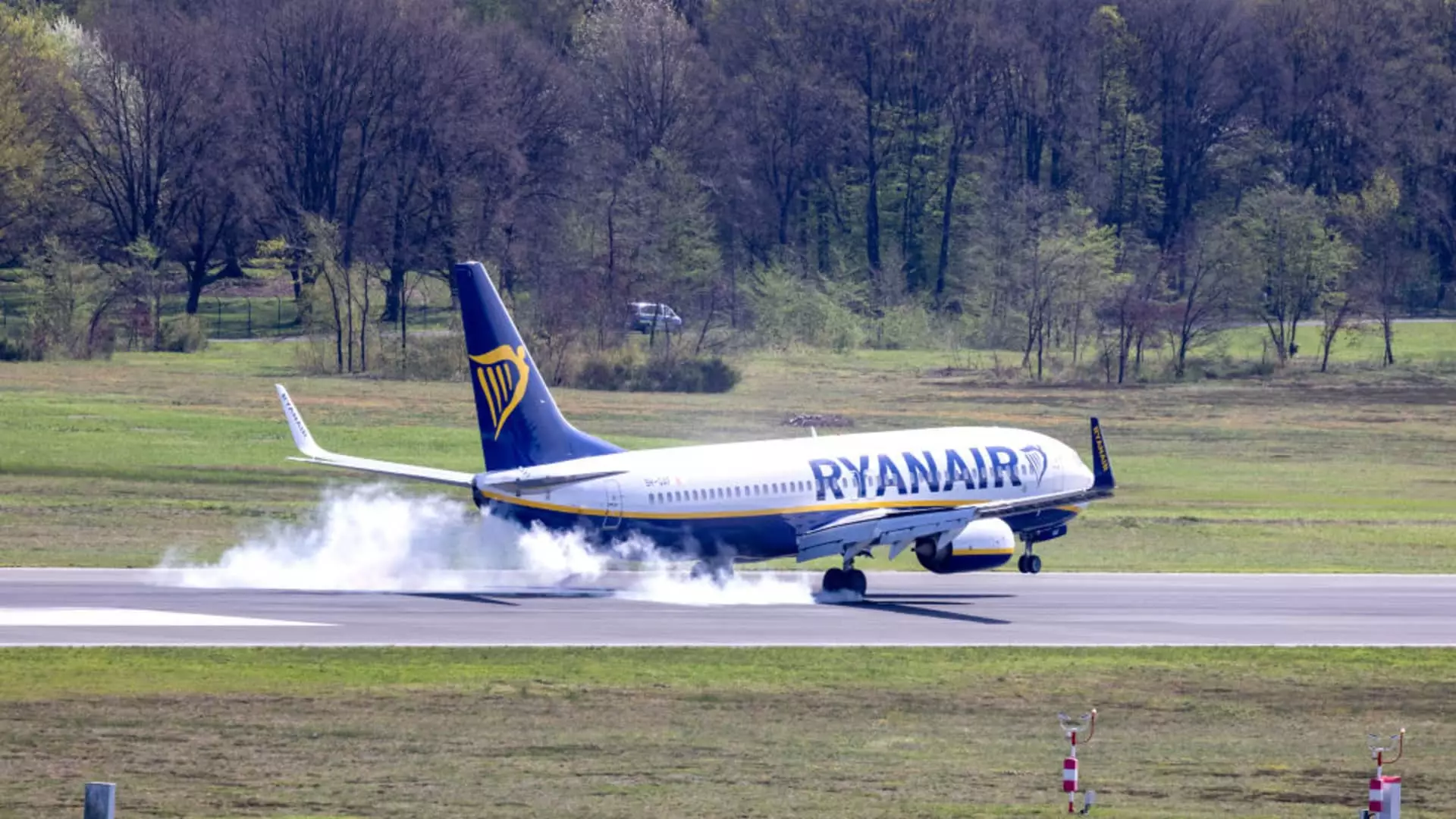Ryanair, known as a budget airline, recently announced a 46% decrease in its quarterly profit after tax, causing shares to fall by 14.53%. This significant drop in profit came despite a 10% increase in passenger traffic to 55.5 million during the quarter. The profit after tax for the three months ending in June stood at 360 million euros, down from 663 million euros in the same period the previous year. The company blamed weaker-than-anticipated fares and the timing of the Easter season falling into the previous quarter for the decline in profit.
As summer approaches, Ryanair also stated that fares were expected to be lower than initially projected. This came as a surprise, as the airline was operating its “largest ever schedule” with over 200 new routes and five new bases. CEO Michael O’Leary expressed that although Q2 demand was strong, pricing remained softer than anticipated. He mentioned that fares for the next three months were expected to be considerably lower than the previous summer, contrary to initial expectations of remaining flat or modestly increasing.
Looking ahead, O’Leary highlighted the uncertainty surrounding future forecasts for the financial year. He mentioned that the lack of visibility for Q3 and Q4, coupled with the absence of last year’s early Easter, added to the challenge of providing meaningful guidance for the full year. O’Leary stated that it was too early to predict the profit after tax for FY25, although he hoped to offer more insights during the H1 results in November.
The news of Ryanair’s decreased profit and lower summer fares had a ripple effect on other European airlines as well. EasyJet, another low-cost airline, witnessed a decline of over 6% in its shares. Furthermore, Jet2 fell by 4%, and Hungarian airline Wizz Air slid over 6%, indicating a broader impact within the industry due to Ryanair’s announcement.
Ryanair’s recent financial report highlights the challenges faced by the airline industry amidst evolving market conditions. The unexpected decrease in profit and lower summer fares serve as a reminder of the volatility in the business, prompting the need for strategic adjustments and careful forecasting in the coming months.

